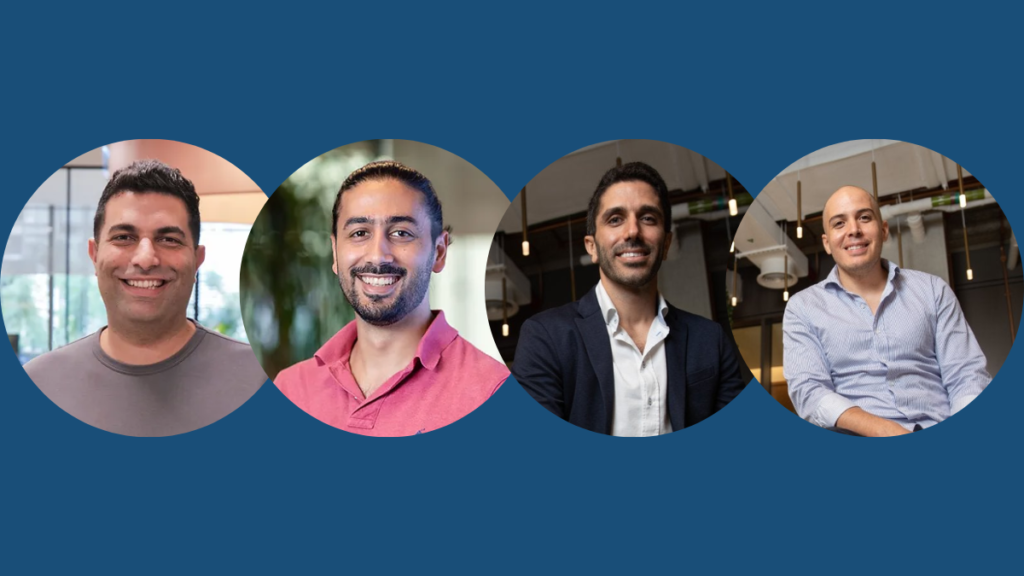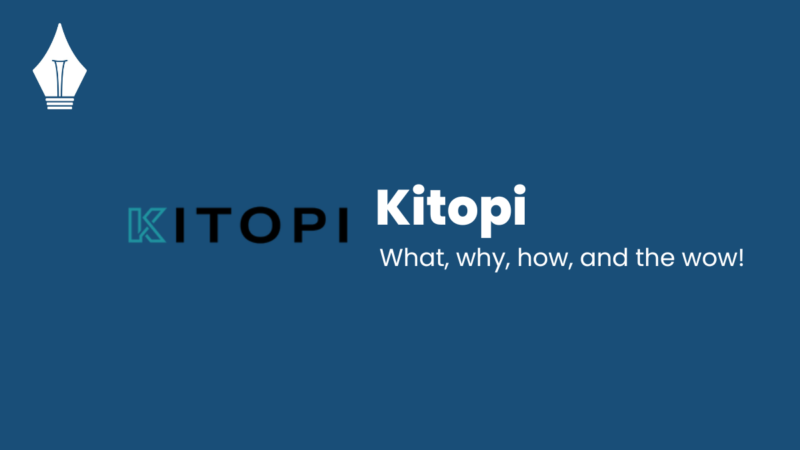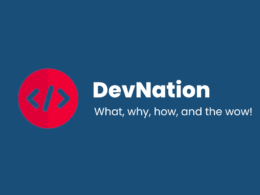Over the last few years, the trend of cloud kitchens has seen a massive hike. Especially, after the advent of the pandemic, when people started working from home and started quarantining themselves, cloud kitchens proved to be a blessing for all those who couldn’t cook for themselves.
Models enabling home delivery of meals have generally experienced a boom in business since the start of the Covid-19 pandemic, as lockdowns and government advisories have kept diners indoors.
According to AgFunder‘s global 2021 Agrifoodtech Investment report, VCs channeled more money into the Cloud Retail Infrastructure category last year, which includes cloud kitchens, in an effort to support skyrocketing demand for at-home dining.
So, what actually are cloud kitchens? Are they kitchens located on clouds? Well, cloud kitchens are kitchens that prepare food for delivery and are among one of the few businesses that immensely benefited from the shift to online buying during the coronavirus crisis.
Sometimes referred to as “dark”, “cloud” or “ghost” kitchens, cloud kitchens have no physical presence as standalone restaurants instead they offer delivery-only services from a centralized location via a mobile app.
Today, we’ll be discussing a startup, Kitopi, that started off as a cloud kitchen startup but has recently diversified into a grocery delivery app, along with offering subscription-based meal plans.
The cloud kitchen platform has also diversified its offerings by leveraging its supply chain to include subscription-based meal plans and on-demand groceries delivery
What is Kitopi?
Founded by Mohamad Ballout, Saman Darkan, Bader Ataya, and Andy Arenas, Dubai-based Kitopi offers cloud kitchen services, including sourcing ingredients, aggregating orders, as well as preparing and delivering meals for restaurant brand owners.
Kitopi, which stands for Kitchen Utopia, was founded back in January 2018, with a mission to satisfy the world’s appetite. Kitopi currently has a workforce of over 2500 Kitopians in its 4 markets, in addition to Krakow, Poland where the startup’s engineering hub is located. While its global CX center is in Dubai.
Currently, Kitopi operates 60+ cloud kitchens across the UAE, KSA, Kuwait, and Bahrain along with a number of other regions it has recently acquired. It partners with restaurants and F&B brands, enabling them to expand its reach through its kitchens, in a short span of 14 days. It has worked with over 200+ F&B partners, including several globally recognized brands such as Papa John’s, Nathan’s Famous, and iHOP.
Once it has a partner onboard, Kitopi takes care of everything, from the supply chain, staff training, food preparation, and delivery to customer experience.
Background of Founders

Mohamad Ballout (CEO)
Mohamad is an alumnus of the University of Warwick. He completed his undergrad with a Bachelor’s in Science, after which he completed his postgrad from Imperial College London with a Master’s in Science (Management).
In 2007, he co-founded BMP group and in 2017, became the CEO of another company called Rippled Capital. Then in December 2017, he co-founded the Dubai-based startup, Kitopi.
Saman Darkan (Chief Technology Officer)
Saman graduated from California State University in 2009, with a Bachelor’s in Science. In 2010, she joined ARC international as Digital Transformer Director, and in 2013 she became the CEO of CentralTickets.com.
Finally, in 2017 she joined Kitopi as Chief Product and technology officer.
Bader Ataya (Chief Growth Officer)
Bader is an alumnus of Tufts University. After completing her Bachelors’s, she completed her MBA from the University of Cambridge. In 2009, she joined Casper and Gambini’s as a Line Chef.
Then in 2011, she co-founded the Dubai-based Mumzworld.com and finally, in 2018 she joined Kitopi as a co-founder and Chief Growth Officer.
Andy Arenas (Chief Property Officer)
Andy is also an alumnus of the University of Warwick. After this, he completed his MSc in finance from Centrum PUPC.
After working at a number of reputable firms since the start of his career, in 2018 he joined Kitopi as a co-founder and Chief Compliance Officer.
Why Kitopi?
A large part of its competitive advantage lies in its proprietary Smart Kitchen Operating System (“SKOS”). SKOS is a suite of applications that optimizes the performance of its cloud kitchen operations in real time. The solution aims to deliver a distinguished customer experience across multiple brands in a single kitchen by maximizing operational efficiency. Since its launch, SKOS has enabled Kitopi to scale to 200+ brands in 60+ sites over a period of just 3 years.
In this period, its kitchens have been able to double the order volume while reducing kitchen preparation time by approximately 40 percent. For instance, one of its applications uses data science to predict when drivers will arrive and how long a menu item would take to cook, then the system auto sequences items in order of their cooking time, to enhance speed.
Funding Raised
Series C Round: Raised $415 million
Last year in July, the Dubai-headquartered Kitopi raised $415 million in a series C funding round led by SoftBank (9984.T). The round saw additional participation from investors including:
- Chimera
- DisruptAD
- B. Riley
- Turkey’s Dogus Group
- U.S.-based Next Play Capital
- UK-based Nordstar
Extended Series C Round: Raised $300 million
The startup raised an additional $300 million in an extension Series C round, taking the round’s size to $715 million, according to a Bloomberg report. The recent fundraiser brings the unicorn’s post-investment valuation to $1.55 billion.
The extension is part of Kitopi’s new growth strategy targeting investments in brick-and-mortar restaurants, as consumers head back to the indoor dining.
Future Plans
According to the startup, the new funding will be used to fuel its continued expansion within the Middle East and support entry to new markets such as Southeast Asia, which has a highly attractive and fast-growing online food delivery market. The startup further plans to continue to innovate and expand its tech stack, in addition to growing its strategic restaurant partnerships as well as building a best-in-class team across the organization.
The company’s CEO, Mohamad Ballout, in a statement said that:
Combining the technology used for cloud kitchens with the know-how required to run traditional restaurants will enable the firm to gain more data about customers and so better anticipate their needs.








